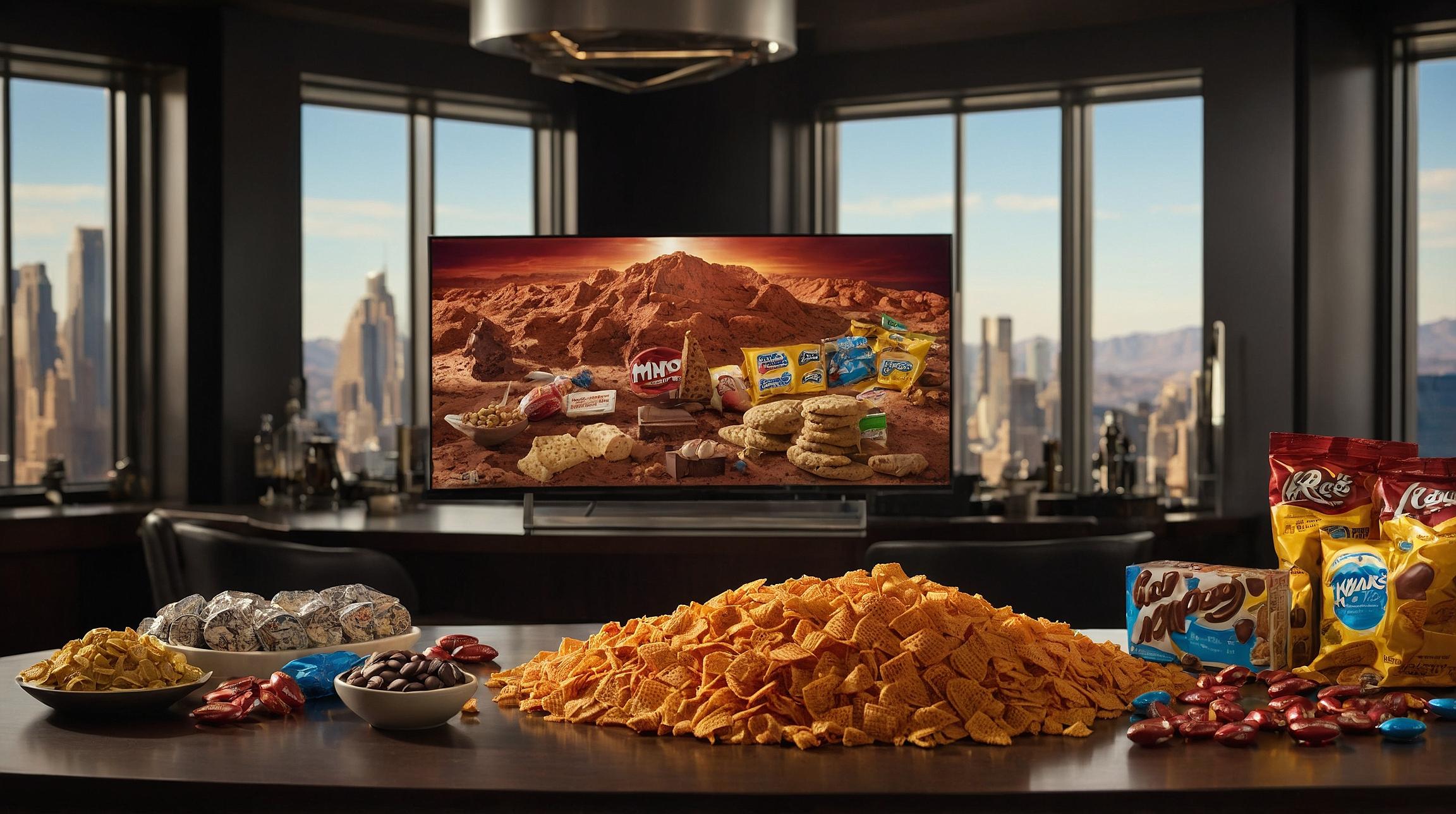Mars and Kellanova Unite in $36 Billion Deal
Mars, the family-owned giant known for its popular candies like M&M's and Snickers, has announced a groundbreaking $36 billion acquisition of Kellanova, the company behind renowned products such as Pringles and Pop-Tarts. This move stands as the largest deal in the food industry this year. Mars will pay $83.50 per share for Kellanova, which is about 33% more than Kellanova's stock price prior to the acquisition news.
Navigating Economic Pressures and Consumer Trends
The decision to merge these brands is a strategic step for Mars, aimed at capitalizing on consumer preferences for branded snacks. Packaged food companies are currently grappling with slowing growth rates, primarily due to the need to increase prices amidst rising inflation. Poul Weihrauch, CEO of Mars, highlighted that the combined entity aims to stabilize prices and avoid transferring additional costs to consumers. "We hope to absorb more costs within our organization and ease inflation challenges," Weihrauch explained.
Inflation and Consumer Shifts
Between 2019 and 2023, food prices in the U.S. soared by about 25%, far exceeding increases in housing and medical sectors. However, recent data indicates that inflationary pressures are starting to ease. Nonetheless, consumers in both the U.S. and Europe are increasingly opting for more economical private label goods over well-known brands. This trend poses challenges for Kellanova, especially in the cereal market segment where private labels are gaining significant traction.
Impact of Weight-Loss Drugs on Snack Sales
An emerging concern for food companies is the growing popularity of weight-loss medications like Ozempic and Wegovy, which suppress appetite and might reduce snack consumption. Mars plans to address these shifts by enhancing its portfolio with healthier snacks such as low-calorie Special K and Kind bars. Notably, unlike some competitors, Mars does not intend to create products specifically for individuals using these weight-loss drugs.
Expansion and Market Opportunities
The acquisition offers Mars a substantial opportunity to strengthen its snacking segment, invest in local markets, and focus on healthier options. Mars holds 4.54% of the U.S. snacking market, while Kellanova commands about 3.9%. The merger also presents avenues for Mars to expand its presence in Africa and China—regions where Kellanova's distribution networks are well-established. In particular, Pringles could gain extensive exposure in the Chinese market.
Financial and Legal Aspects of the Deal
This acquisition surpasses Mars' previous $23 billion acquisition of Wrigley in 2008, marking a significant milestone in the packaged foods industry. Legal experts suggest that the deal is unlikely to face significant antitrust issues due to the minimal overlap between the companies' product lines. Following the deal's closure in the first half of 2025, Kellanova will be integrated into Mars Snacking, with operations based in Chicago. Importantly, current Kellanova CEO Steve Cahillane will step down post-merger.
Market Reaction and Future Prospects
Kellanova's stock rose by approximately 8% following the announcement. The company, which previously separated from WK Kellogg, has seen its shares trade at a discount compared to competitors. This made Kellanova an attractive acquisition target. Investment firms, including TOMS Capital Investment Management, which holds a significant stake in Kellanova, have expressed satisfaction with the acquisition terms. The deal involves Mars financing the acquisition through a combination of cash and $29 billion in debt financing from major banks like JPMorgan Chase and Citi.













